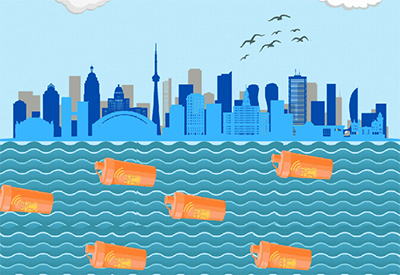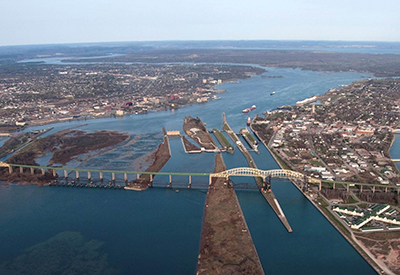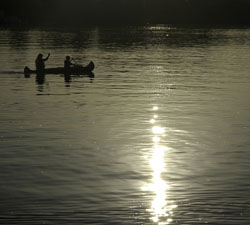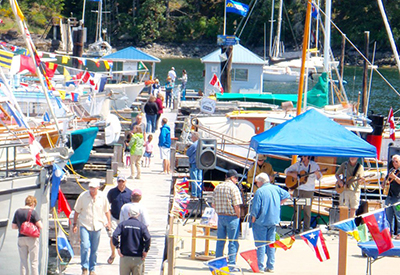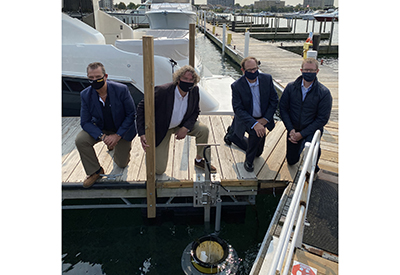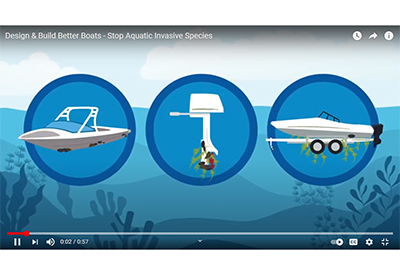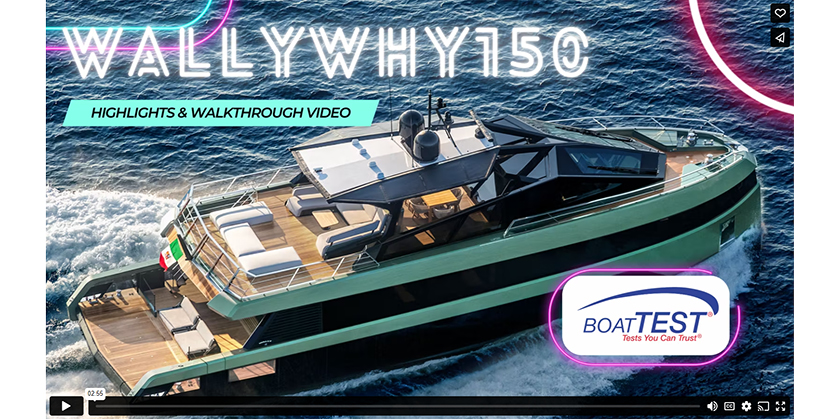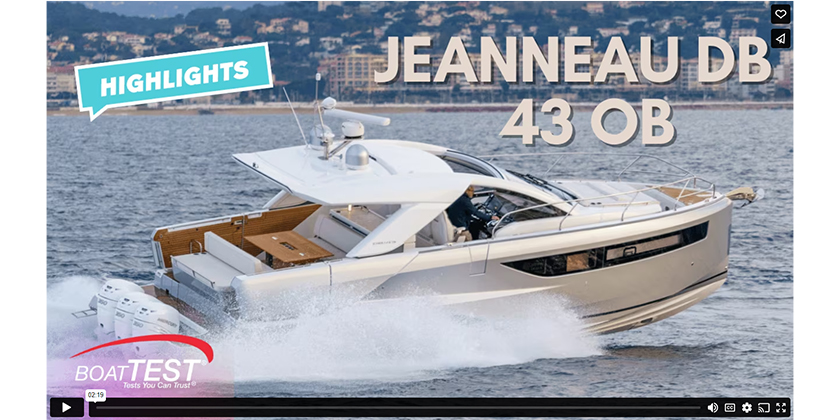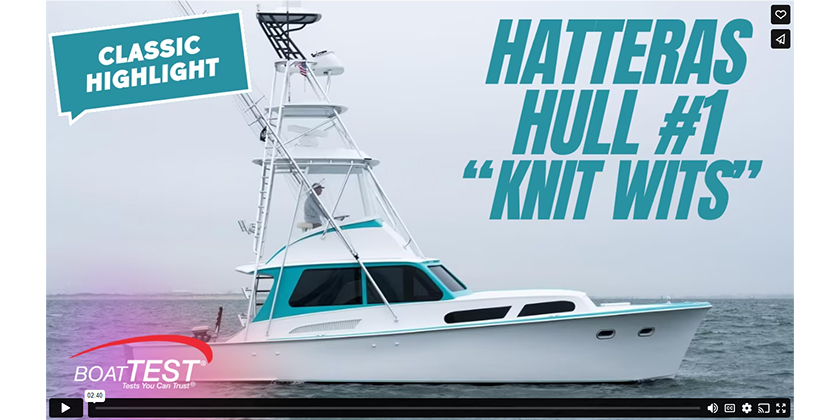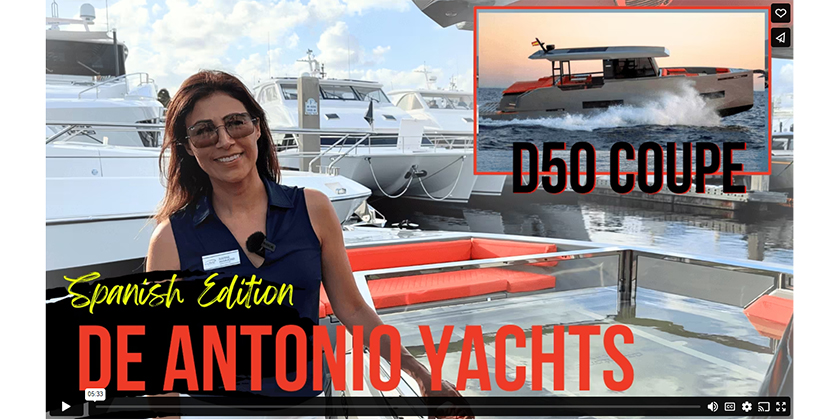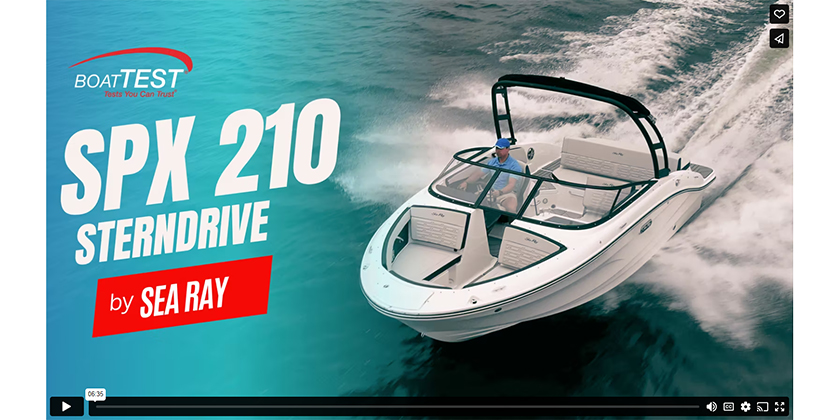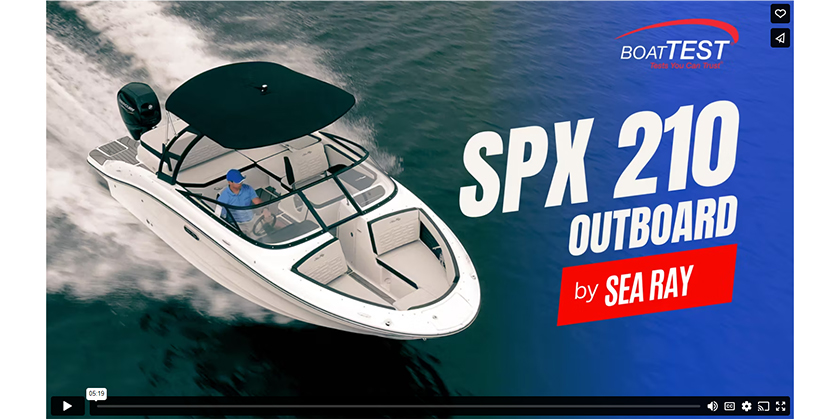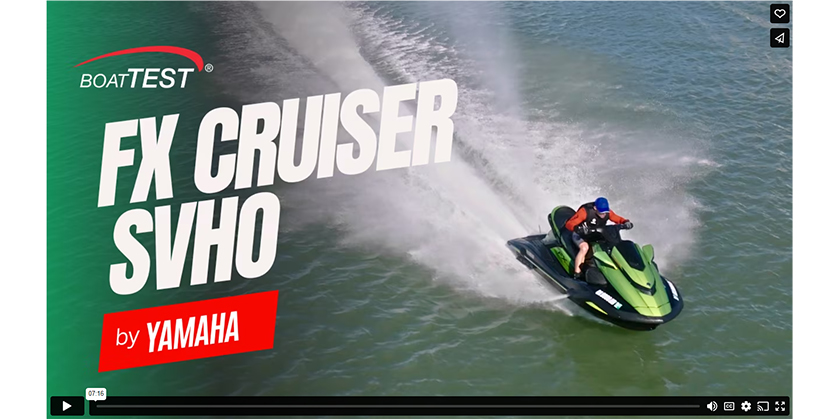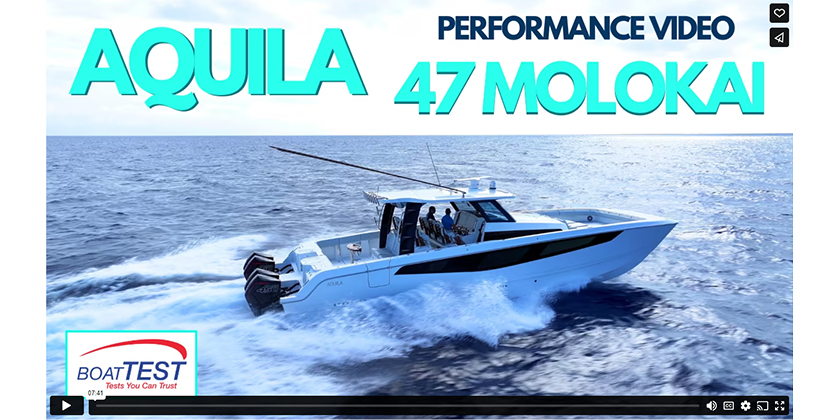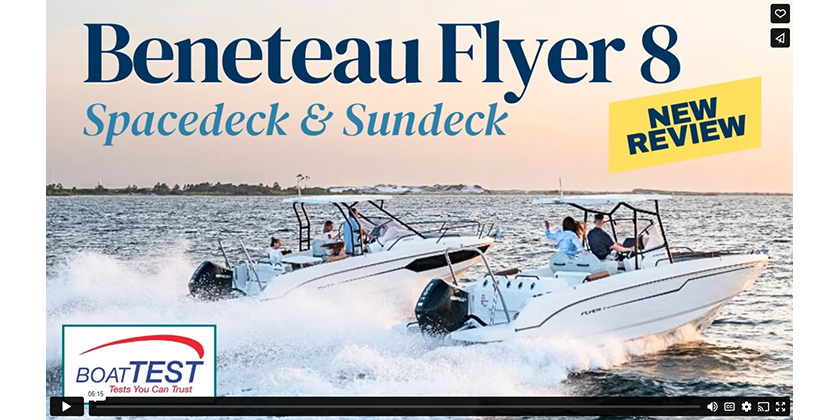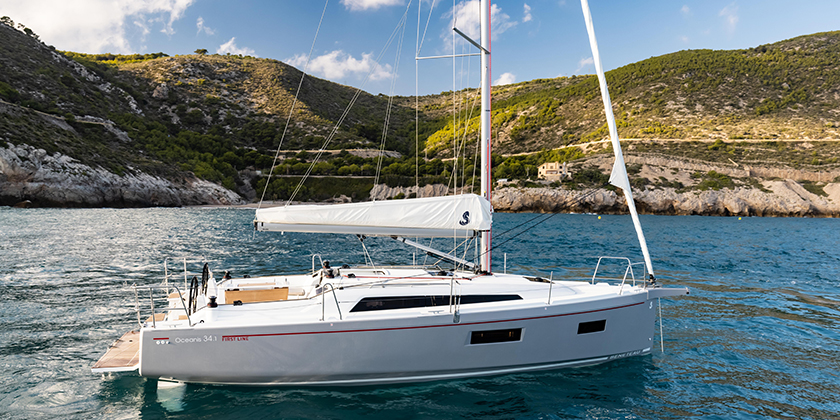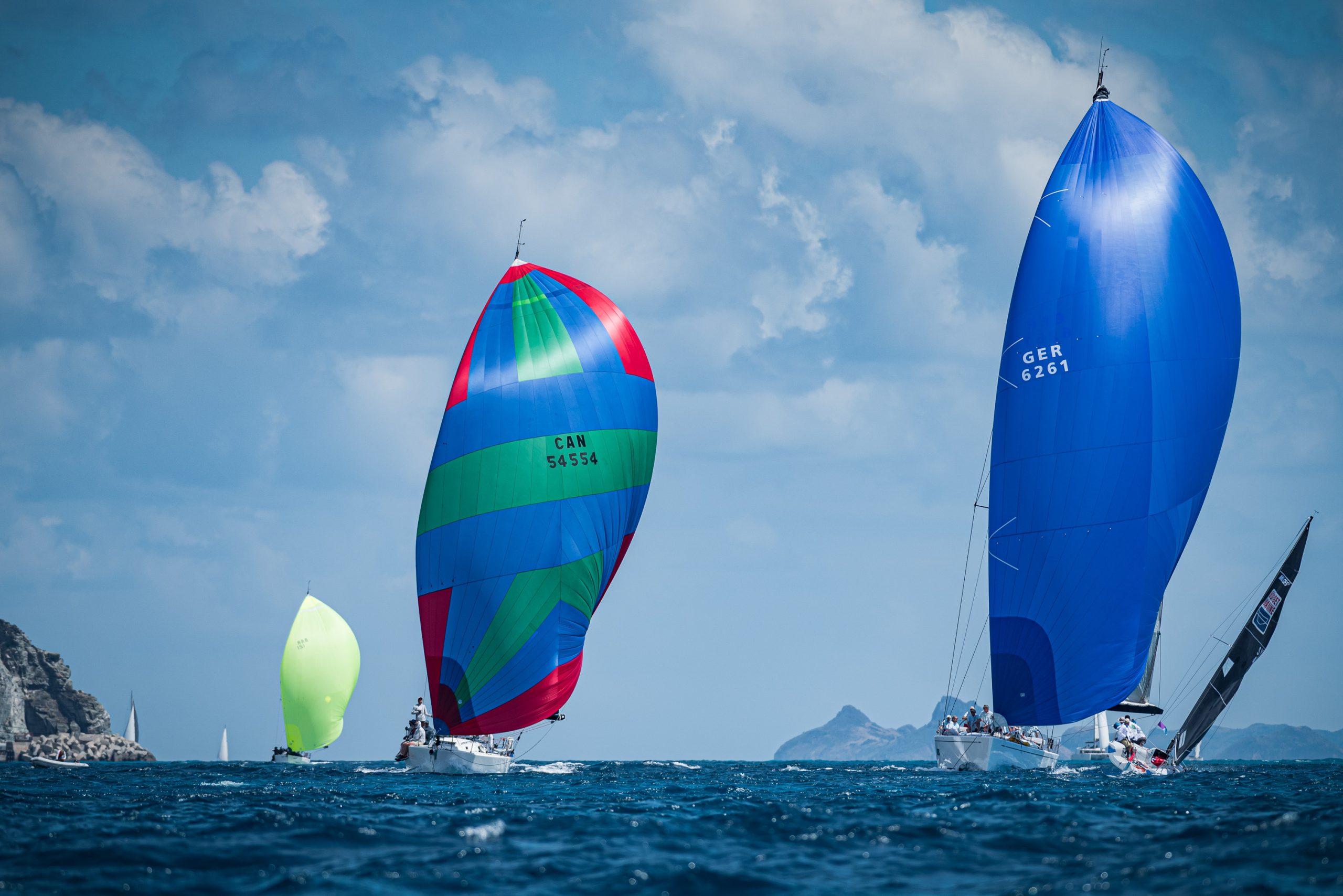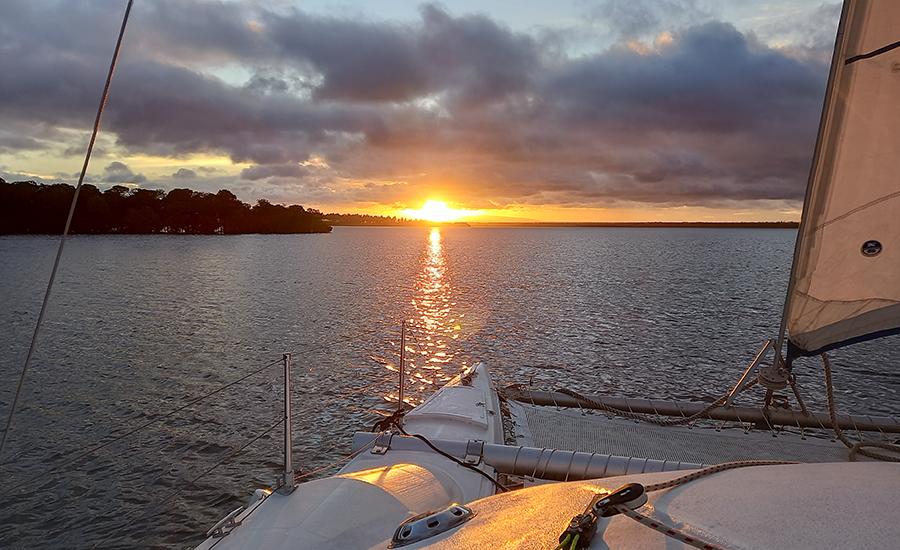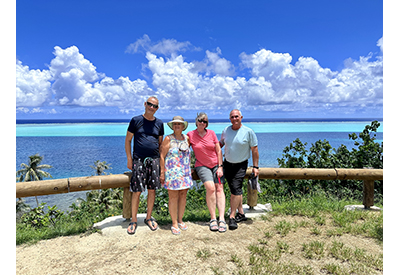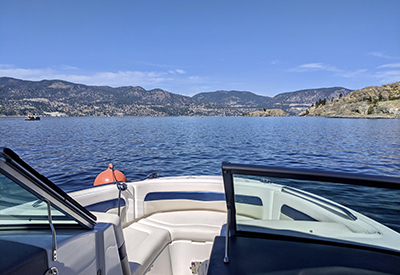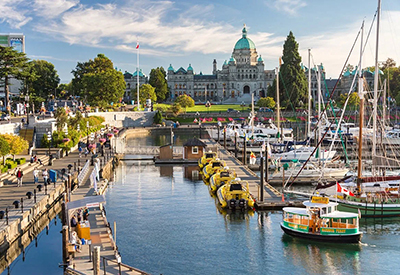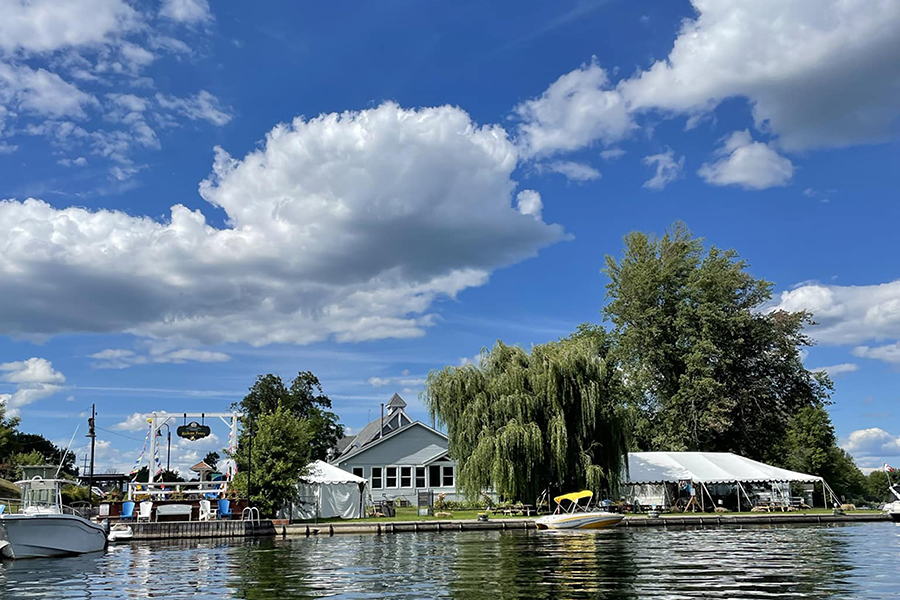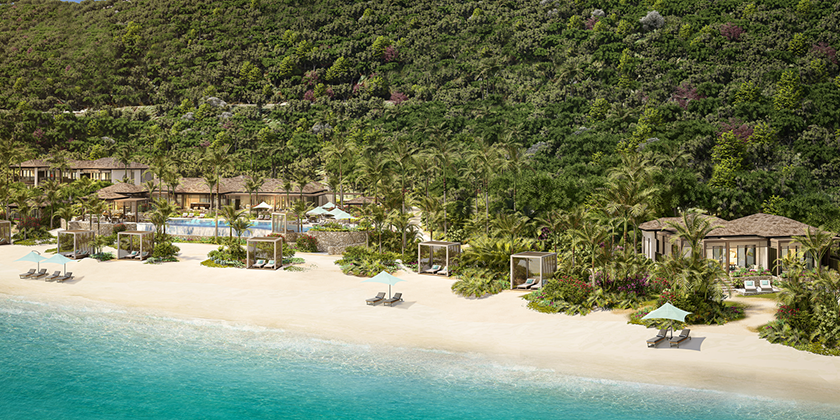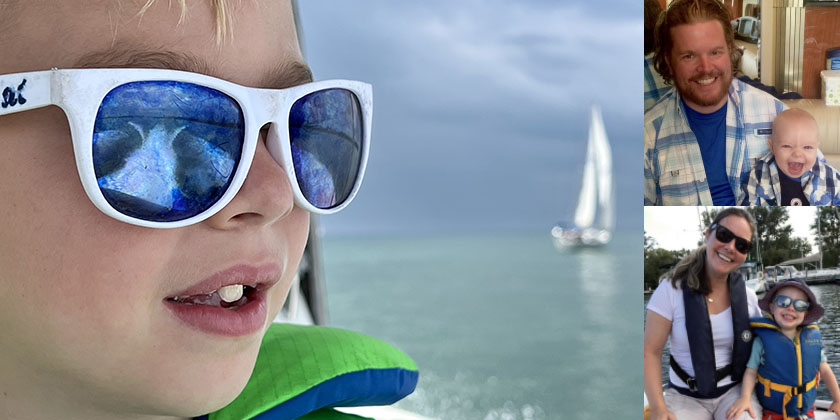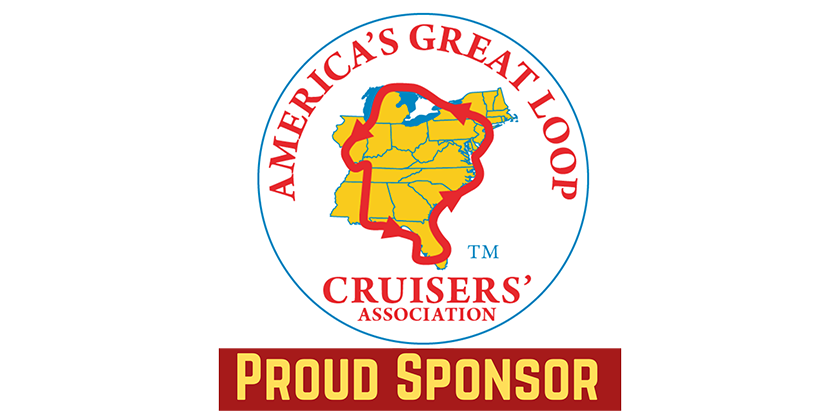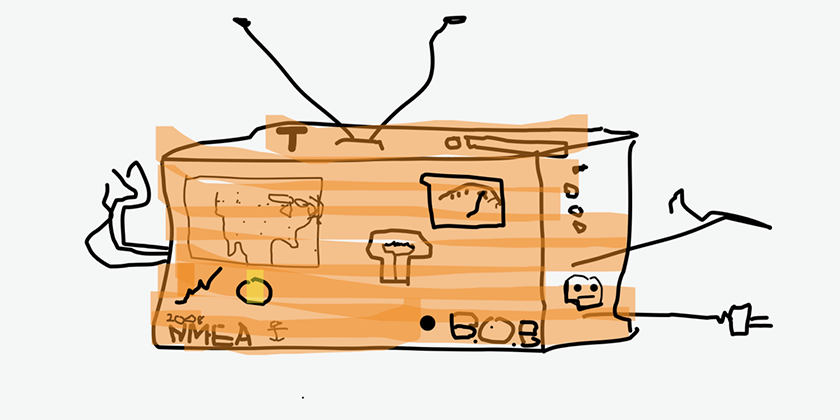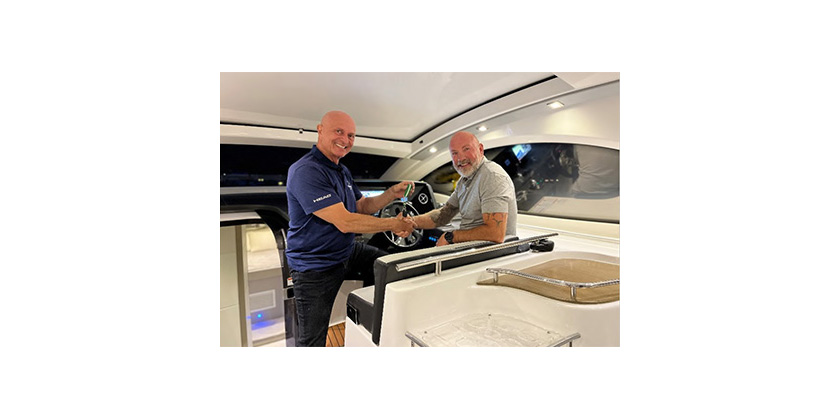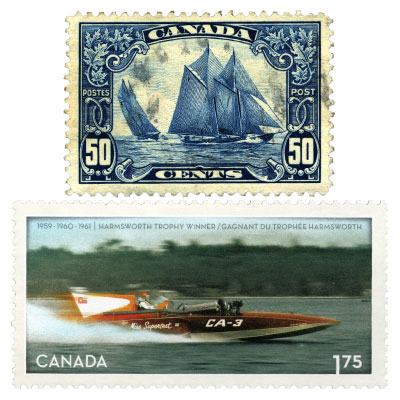Environmentally Friendly Boating Resources
Apr 5, 2024
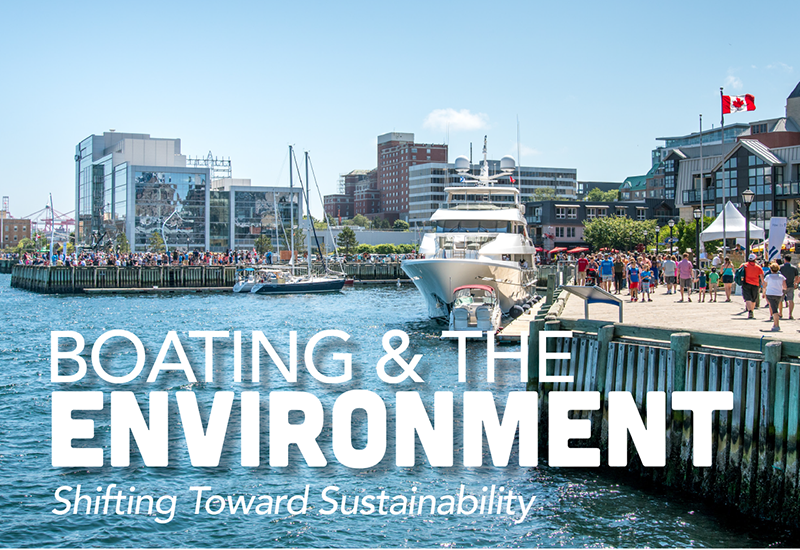
As boaters in Canada, we’re lucky enough to experience some of the world’s most exquisite waterways. Canada contains 7% of the world’s fresh water and has an estimated amount of over 2 million lakes. In fact, 9% of the country is covered in water and Canada is said to have the world’s longest coastline.
Climate change has been apparent over many decades and even more so in the past few years. Our waterways have been noticeably impacted by plastic pollution, algae blooms, fluctuating water levels, warming lakes and oceans, lack of ice cover, erosion, sewage issues and more.
As boaters, we have a strong passion for the water. We are boaters because we love our water. We’re able to experience and see the water in a way that those of us on the shoreline can’t. It’s our responsibility to better and preserve the quality of our waterways for the generations to come.
It’s important for all individuals in the marine industry to adopt a more sustainable mindset. Whether you’re a powerboater, sailor, marina owner, or marine manufacturer, your role and actions play a significant part.
There are many resources out there with valuable information to help you get started adopting a more environmentally friendly lifestyle or business practice.
RESOURCES
Blue Flag
The Blue Flag certification is the world’s most recognized international eco-certification for beaches and marinas. The Canadian operator for Blue Flag is Swim Drink Fish Canada. Blue Flag certified locations must meet specific criteria to receive the coveted certification. The first step is contacting Swim Drink Fish to express interest in the program and to set up a site audit.
As of April 2024, there are currently 9 marinas in Canada with a Blue Flag certification. When you compare these numbers to the rest of the country, it’s a stark contrast.
In Europe, it’s almost necessary to be a Blue Flag location (marina or beach). They have thousands of certified locations. You never have to worry about water quality.
It’s important for more Canadian locations to become Blue Flag certified.
The effort to go through the certification process is rewarding and gives you an advantage as a business/location. Click the link below for more information on how to get started to become Blue Flag certified whether you’re a marina, beach, harbourfront, municipality or just a member of the community.
Blue Flag
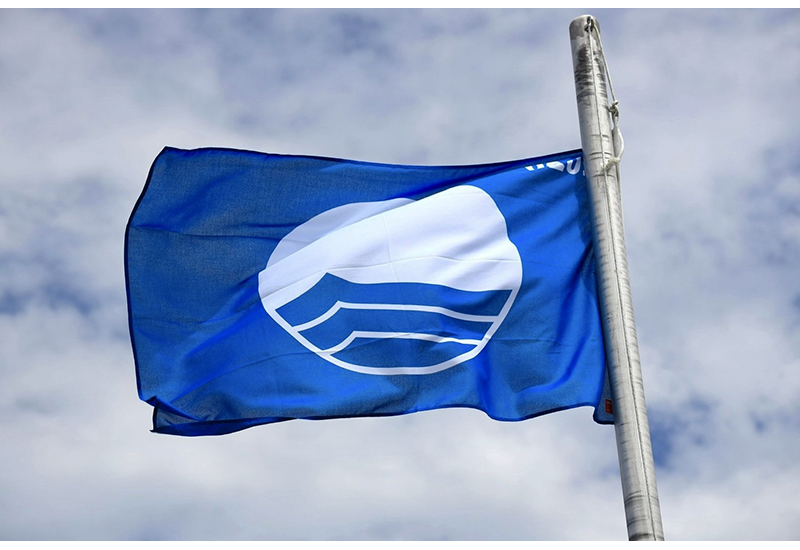
Swim Guide
The Swim Guide, by Swim Drink Fish Canada, is an online program with access to beach and water quality information in Canada and around the world. The Report Pollution feature is great for boaters. Whenever you see any type of pollution, you can report it through their website or app, and it will be shared with authorities for handling.
Swim Guide
Eco Certification Programs
Green Marine (nationwide) and Clean Marine (Ontario) are examples of environmental programs in Canada that marine businesses can become a part of. These programs help participants improve environmental performance beyond regulations and are easy and fundamental to be a part of. Click the links below to learn more about how you can become eco certified in your province.
Green Marine
Clean Marine
Trash Capture Devices
These technologies can be effectively used at marinas, yacht clubs and even in urban areas to help manage aquatic pollution. The Searial Cleaners by Poralu Marine include prevention and collection technologies. There are other devices on the market such as Seabin, LittaTrap, Gutter Bins, Trash Wheels, Litter Booms and more. Click the links below to learn more about technologies and which one would suit your location best.
Searial Cleaners
Great Lakes Cleanup Technologies
Mr. Trash Wheel started as a trash trapping technology in Baltimore’s waterfront which quickly turned into a pillar of the community. A trash wheel is a solar and water powered wheel with a ramp that collects trash. Even though its size is quite substantial, Baltimore’s Healthy Harbours Initiative turned the wheel into a character in hopes of a better response from the community. Residents of Baltimore absolutely loved the wheel, creating its own humorous account on X and some even got trash wheel tattoos! The city now has four wheels as of April, 2024 and each collects tons of trash every year.
For more information and resources on trash capture devices, you can also contact the International Trash Trap Network.
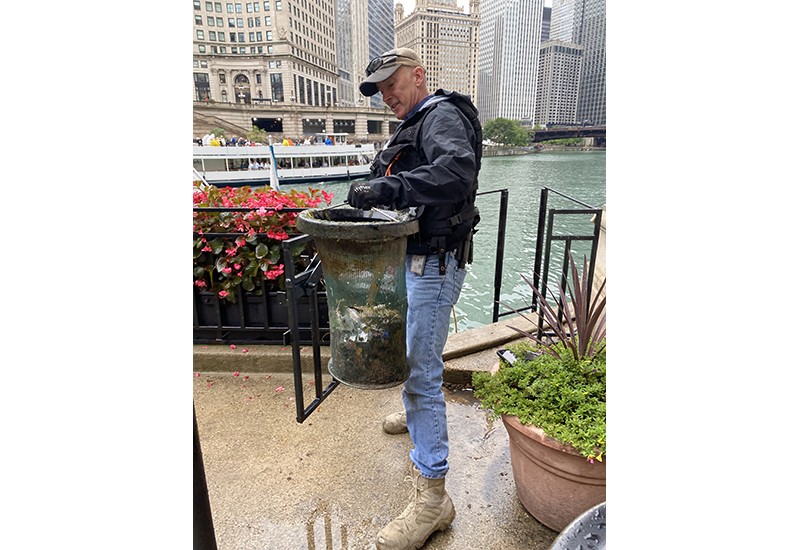
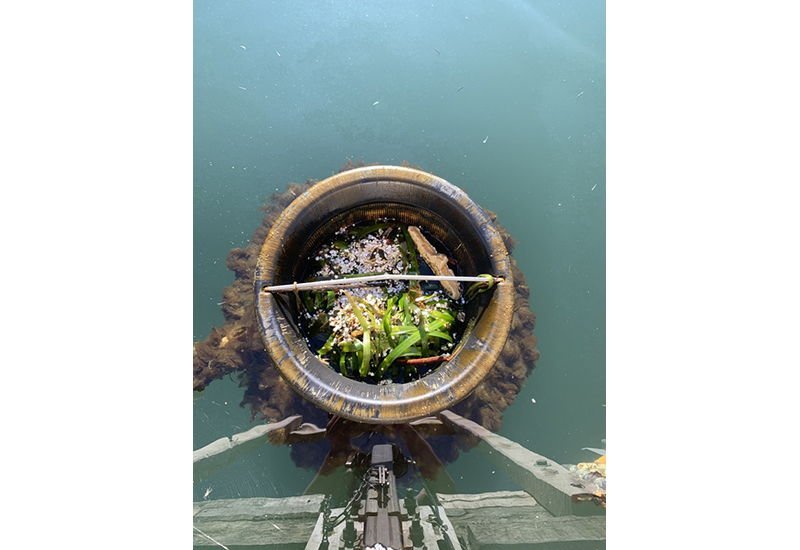
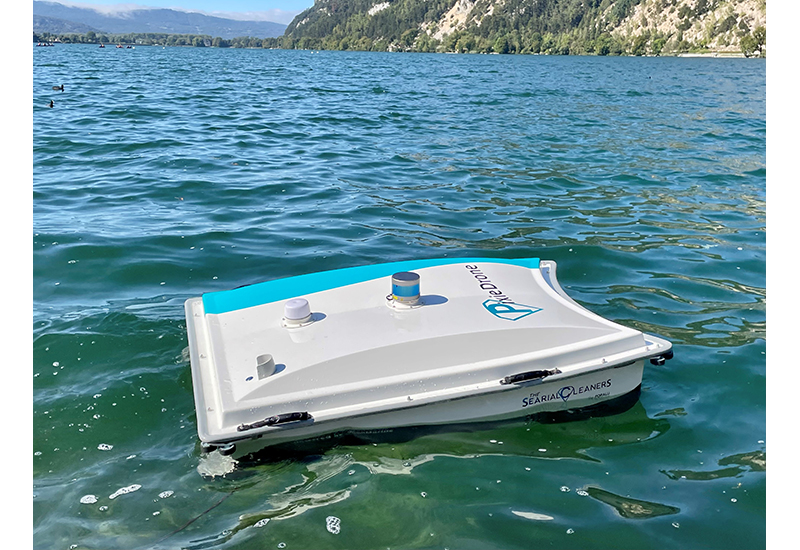
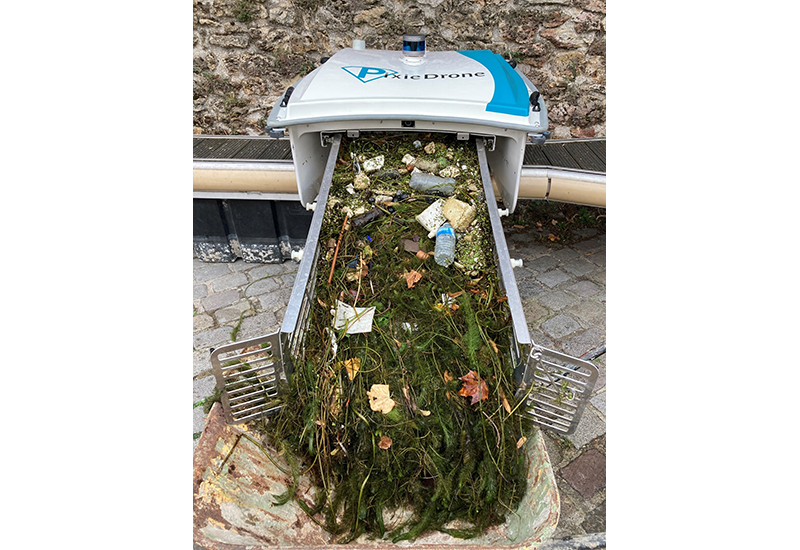
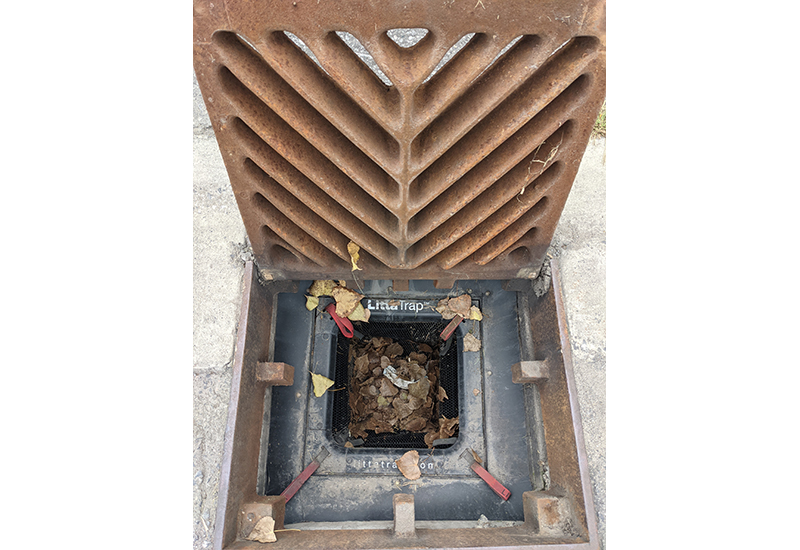
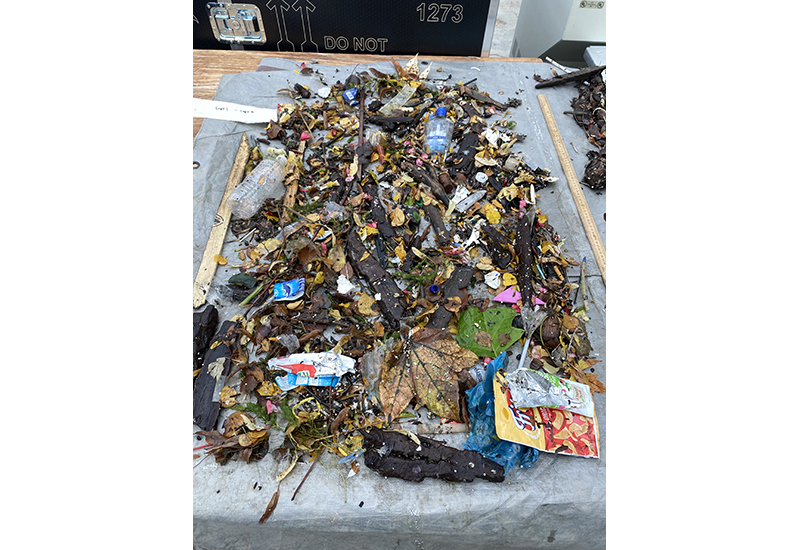
Clean, Drain, Dry
Implement this simple series of steps on your boat and marine gear to prevent the spread of invasive species. Invasive species spread alarmingly fast and threaten not only our aquatic life like the fish we catch but negatively impact aquatic habitats, drinking water and drainage infrastructure.
Each province and territory have different regulations and requirements. Remember: Clean, Drain, Dry: Every lake, every time.
canadainvasives.ca/programs/clean-drain-dry/
PRODUCT SWAPS
If you don’t know where to start, a great way to become more sustainable is swapping out some of your onboard products for more environmentally friendly options.
As boaters, we’re in direct contact with the water at all times. Many of the daily products we use onboard are filled with chemicals. It’s not a good mix.
Even if it’s starting with one sustainable product swap, every product matters. Here are a few ideas:
- Captain Phab: Eco-friendly marine products / www.captainphab.com
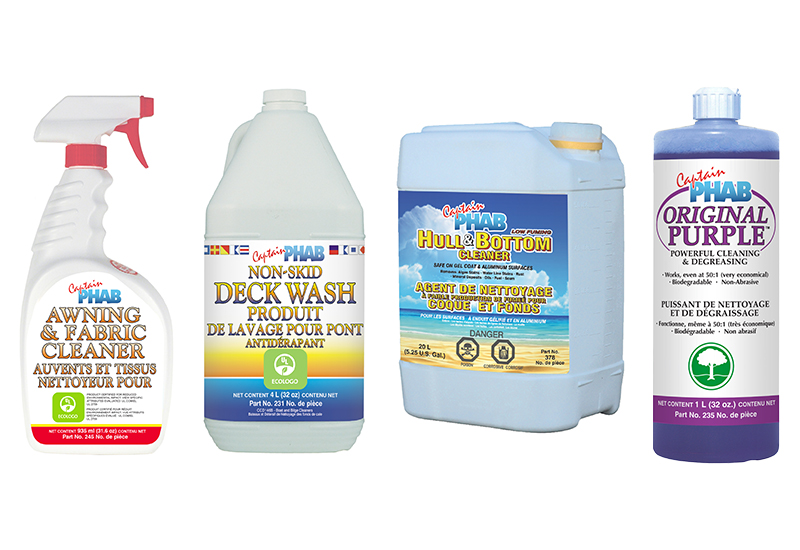
- Hempel: High Performance Marine Paint: Silic One (biocide-free silicon-based) & Hempaspeed (biocide-free hard acrylic-based) / www.hempelyacht.com/en-us
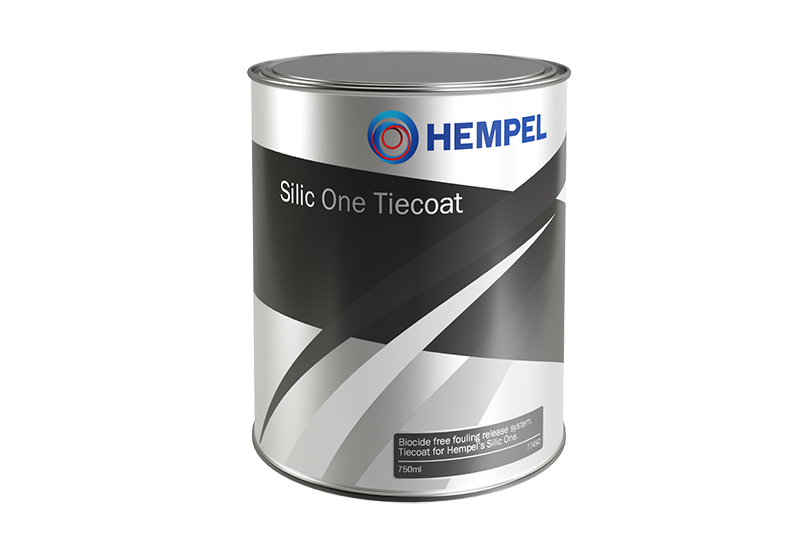
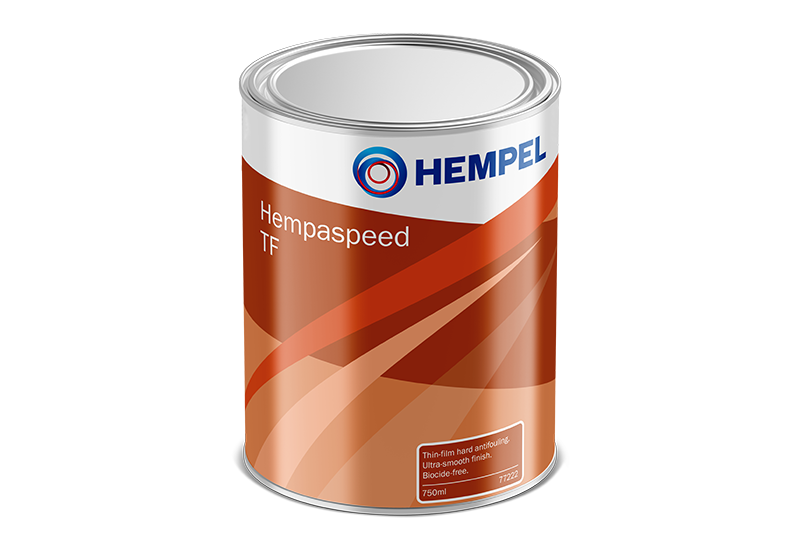
- Solar Panels: LightLeaf / www.lightleafsolar.com
- North Sails: NPL RENEW: Sailcloth constructed from more than 90% bio-based and recycled raw materials / www.northsails.com
- Mineral-Based Sunscreen: Sun Bum has reef-friendly options / www.sunbum-ca.com
- Everyday Item Swaps: Dish soap, hand soap, laundry detergent, shampoo / Items like these can even be found in your local grocery stores
- Filtrol 160: A washing machine microfilter / www.filtrol.net
Microplastics are infiltrating aquatic ecosystems at all levels. It’s been studied that 40% of microplastics in the water are a byproduct of washing your clothes. For those of us that have vessels with washing machines, it’s beneficial to install a microfilter to catch and prevent these tiny pieces from entering our waterways. Even if you don’t have a washing machine onboard, it’s beneficial to install a filter at home or at your cottage.
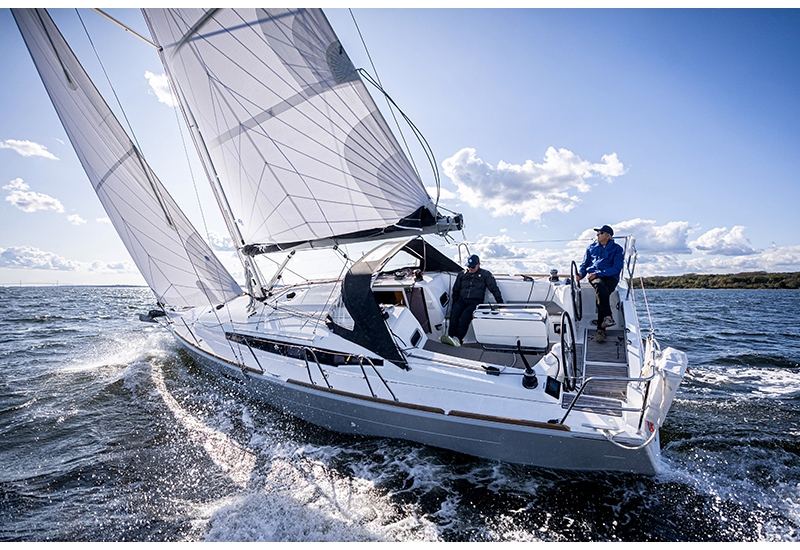
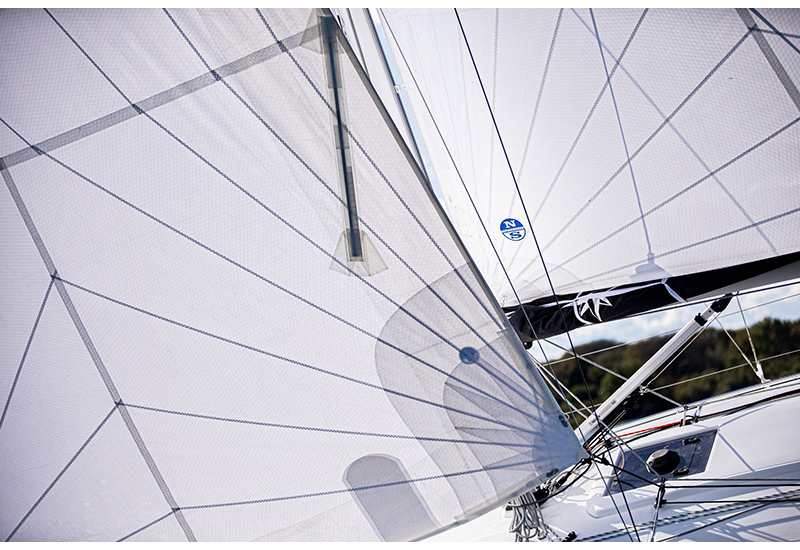
Sustainability is a huge focus for the North Sails group in 2024. Earlier this year, they launched NPL RENEW, their new sustainable sailcloth.
They also recently launched a sustainable partnership with Sea Bags to help divert retired sails from landfills to help the sailing community reduce waste.
Even though sailing has more environmentally friendly aspects, there are still ways the sailing industry can be more sustainable.
Beverley Cheng and Adam Brady Brown moved from their condo in downtown Toronto onto their 39’ Beneteau, Blu. When asked about their lifestyle changes from their move, Beverley comments, “I definitely think that when you live on a sailboat you’re much more aware of the waste that you create. You only have one garbage and then that garbage sits in your boat until you have a spot to throw it out. At home, you’re getting Amazon packages sent to you every day, you’re ordering your groceries, you’re buying whatever you want whenever you want it.”
We can all learn from individuals who live full-time on a boat. “Wanting so much less, wanting only what you need, and just taking exactly what you need. Not being so materialistic and reducing our ecological footprint as much as possible. The more sustainable you are on your boat, the less of an impact that you’re going to have on the environment.”
STOP WAITING, START DOING
People often think that making changes on an individual level is not going to make a difference, but in fact, it does. You can’t have the mindset of we’re just one marina, we’re just one boat, we’re not going to create change or make a difference. That statement is far from the truth.
I challenge you this Canadian boating season to change one thing a month about your boat or boating practices to a more sustainable option. After a whole season, you’ll be at least five times more environmentally friendly than you were before.
Small actions lead to big changes.

